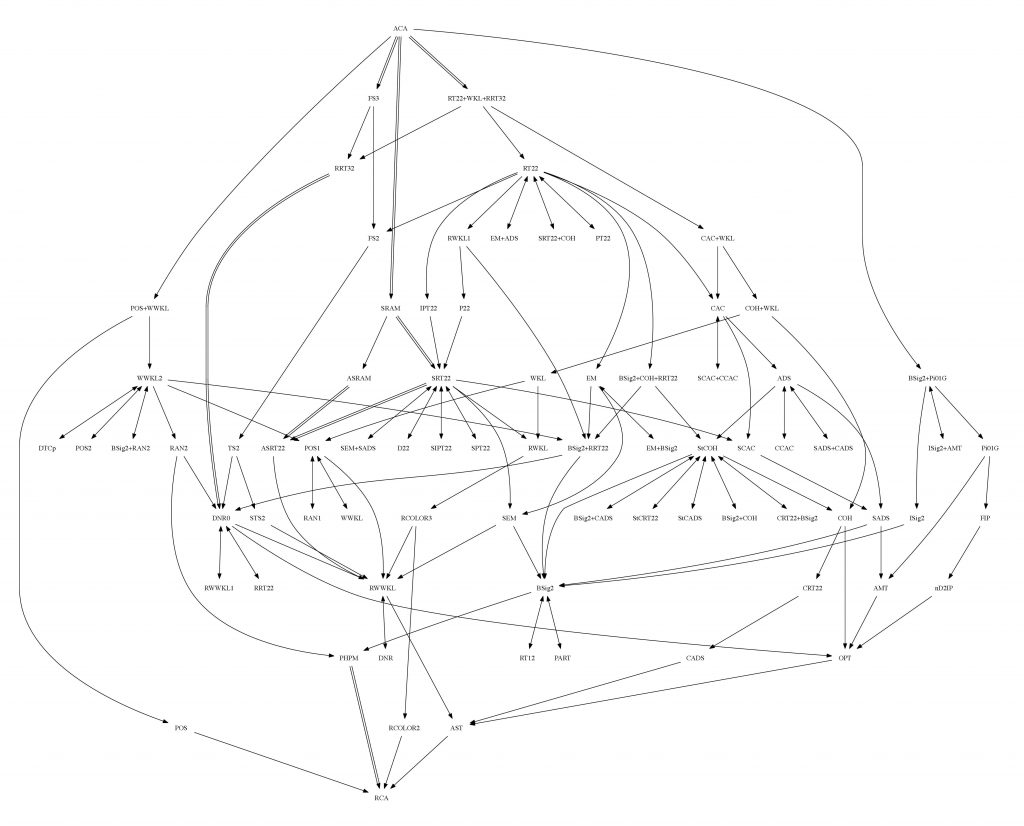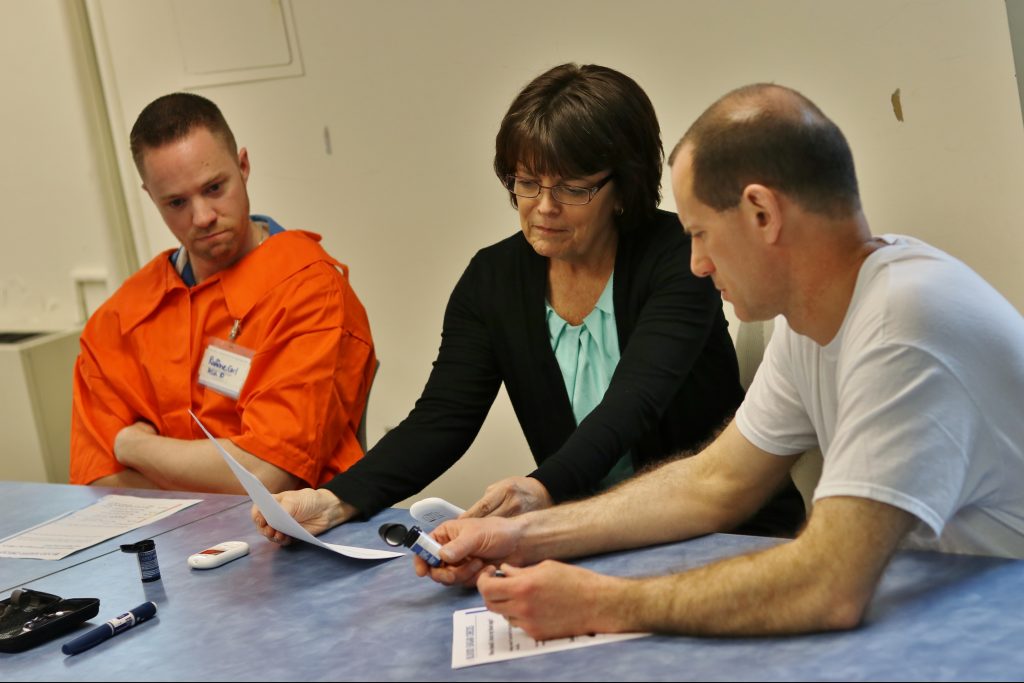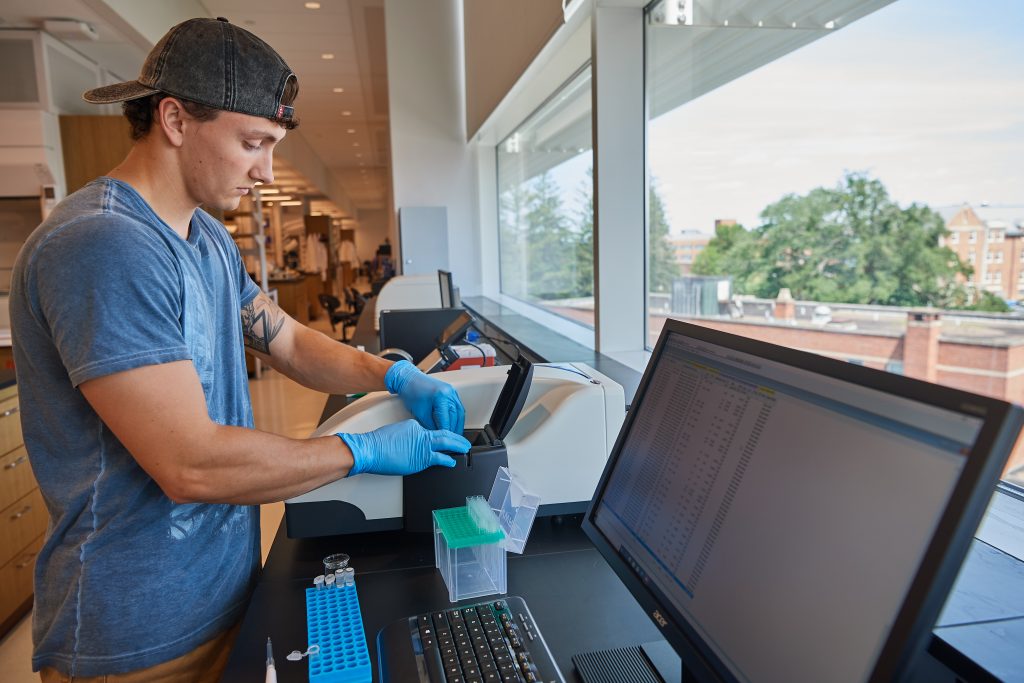Research & Discovery
Study: More Pharma Money, More Gabapentin
Gabapentin manufacturers paid physicians – mostly pain doctors and general practitioners – $11.5 million between 2014 and 2016, according to UConn research.
July 8, 2019 | Kim Krieger - UConn Communications
NYC Ridesharing Study Has Implications for Policymakers
A new UConn study found that ridesharing services are changing New York City, especially in neighborhoods that are typically home to minority and low-income people who do not own vehicles of their own.
July 8, 2019 | Jaclyn Severance
Combined Computing: New Grant Tackles Major Topics in Theoretical Mathematics
UConn mathematics professor, Damir Dzhafarov, has received an NSF Focused Research Group (FRG) grant to to strengthen the connections between two prominent branches of theoretical mathematics: computability theory and combinatorics.
July 8, 2019 | Anna Zarra Aldrich '20 (CLAS), Office of the Vice President for Research
Learning Diabetes Skills on the Inside Helps Ex-Inmates Stay Out – of Hospital
Training prisoners with diabetes how to manage their disease could prevent hospitalizations and diabetes-related medical crises after they are released, say researchers from UConn and the state Department of Corrections.
July 3, 2019 | Kim Krieger - UConn Communications
The Medical Debt Crisis in America
A new study brief by researchers at the Health Disparities Institute of UConn Health is shining light on the growing issue of medical debt.
July 2, 2019 | Lauren Woods - UConn School of Medicine
Tweeting While Watching TV Diminishes Enjoyment
'Live-tweeting has potential pitfalls on audience experience,' says study author Saraswathi Bellur.
July 2, 2019 | Kristen Cole - UConn Communications
Controlling Weeds on Playing Fields, Parks and Lawns Without Herbicides
Aggressively overseeding – applying grass seed over an existing field at high rates – is the most effective way to significantly reduce weeds on sports fields, writes Jason Henderson, associate professor.
July 1, 2019 | Jason Henderson, College of Agriculture, Health, and Natural Resources
Blood Pressure Self-Monitoring Helps Get Patients with Hypertension Moving, Study Says
The researchers say blood pressure self-monitoring is an effective behavioral strategy to help patients with hypertension stick with an exercise program.
July 1, 2019 | Jaclyn Severance
Summer Undergraduate Researcher Ian Sands ’20 (ENG)
'Doing research in a lab gives you a sense of responsibility that the classroom does not. Nothing is set up for you,' says SURF award recipient Ian Sands.
June 28, 2019 | Mike Enright '88 (CLAS), University Communications
Snapshot: Elic Weitzel in Kosovo
A UConn graduate student in archaeology just returned from a research trip to Kosovo, where he is helping collect and identify artifacts to help understand the history of the region.
June 28, 2019 | Elaina Hancock - UConn Communications









